
Can we talk? Improving communication in your garden center
When you work in a garden center, you wear many hats and need various skills. Garden center staff keeps plants in good shape, displays the merchandise attractively, makes sure the stock is accessible and assists customers. Maybe you’re a manager or seasonal employee, or perhaps you do the ordering, or tend to houseplants in a greenhouse. But whether you’re a cashier or head horticulturalist — or anything in between — your title is Garden Communicator, since we are always in touch with the public, helping them to be successful with their plants and properties.
Thirty years ago, a garden center’s prime interaction with customers was in the store. We spoke to customers one-on-one and periodically held classes. Those forms of communication are still important, but we’ve added a range of digital interactions as well — websites, newsletters, virtual seminars and social media posts. It’s now in every garden center’s best interest to make sure there are staff members who communicate well through writing, speaking and photography.
Here are four tips for making sure your garden center is well-staffed with polished communicators.
1. Writing as a Team Effort
There are some writers who are able to turn in “clean copy” effortlessly, and others who need a couple of proofreaders to improve their writing before it goes public. Either way, the goal is to produce information that is helpful, understandable and aimed toward your customers’ cares. In addition to watching for misspellings and typos, those who write or proofread should eliminate extra words and avoid repeating the same word in a sentence.
While our customers appreciate our use of common names, including the botanical names of plants not only helps them to get the variety they want, but actually also improves your search engine optimization (SEO) with Google. Google sees the use of scientific names as having a higher level of knowledge and legitimacy, so websites that include these are given preference by this search engine.
2. Speaking Starts Small
There are many who fear getting up in front of a group of people to speak, but garden centers can cultivate their pool of educators by having their staff start small. Encourage your employees to begin by speaking to small groups for informal presentations about the topics that they are most passionate about.
Does a member of your staff love perennials or plants for pollinators? Whatever topic they are enthusiastic about will make it easier for them to practice their public speaking. Schedule some “limited to six attendees” events around specific topics so that employees can build their confidence about speaking from the ground up. An additional benefit of such small groups is that the people who attend develop a personal connection with your staff and garden center, which translates into customer loyalty.
3. Photos Are Essential
In 1911, at a meeting of the Syracuse Advertising Men’s Club, Arthur Brisbane said, “Use a picture. It’s worth a thousand words.” Little did he know that more than 100 years later the internet would make the value of a photo much more important. It’s now a visual world, and since the flood of information online makes everyone a bit attention-challenged, photographs are more important than ever. It’s a visual world indeed, and we who communicate about plants are in a visual business.
Enlist as many of your employees as possible to take a couple of pictures every day. Ask them for a mix of plant, store and people pictures, with emphasis on what delights them. Assign a single staff member to receive the photos by email, text or photo-drop and store them in a company photo library. Such pictures can be used for your social media posts, advertising and website/blog.
4. Communication Education
Just as you invest time on in-store training or sending your staff to green-industry events, there are ways to improve communication skills as well. GardenComm is an organization dedicated to promoting and educating professional plant communicators. Their virtual classes are available whenever your staff is available, and the GardenComm in-person conferences not only provide classes in writing, speaking, photography and beyond, but also give attendees inside information about the green industry.
For assistance with developing speaking skills, look to your local Toastmasters group. An employee who is comfortable in front of audiences can be an ambassador for your business to local garden clubs, neighborhood associations and libraries. And in addition to in-person events, speakers can present virtual talks to your customers that allow you to build the excitement about plants and gardens to large groups of people without having to set up chairs or keep your staff after hours.
In a time when everyone is flooded with information from the world over, developing personal connections with our customers is more important than ever. We have the regional experience, accurate information and honest help that the shopping public needs … and all we need to do is be able to clearly — and enthusiastically — communicate that to our customers.
For an enhanced reading experience, view this article in our digital edition.


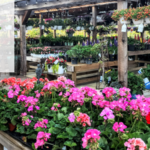



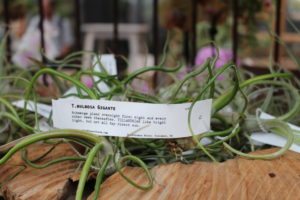
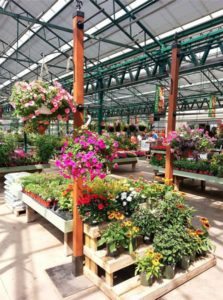
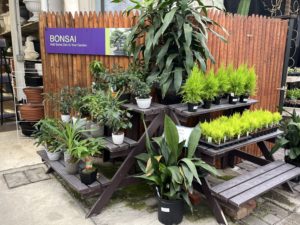
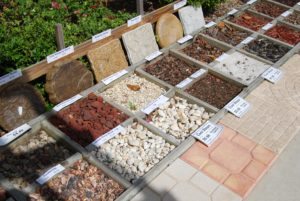

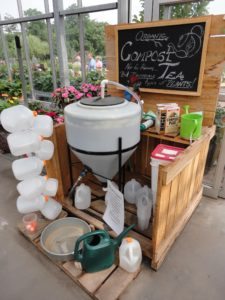

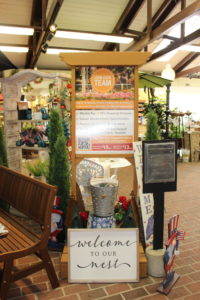
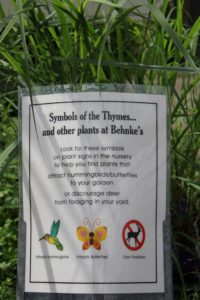

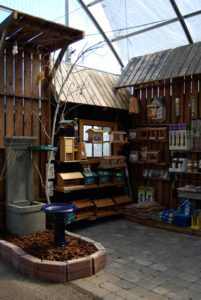
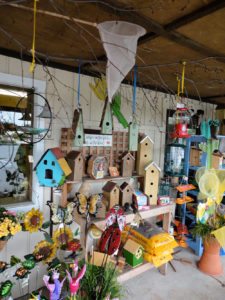
 Videos
Videos





